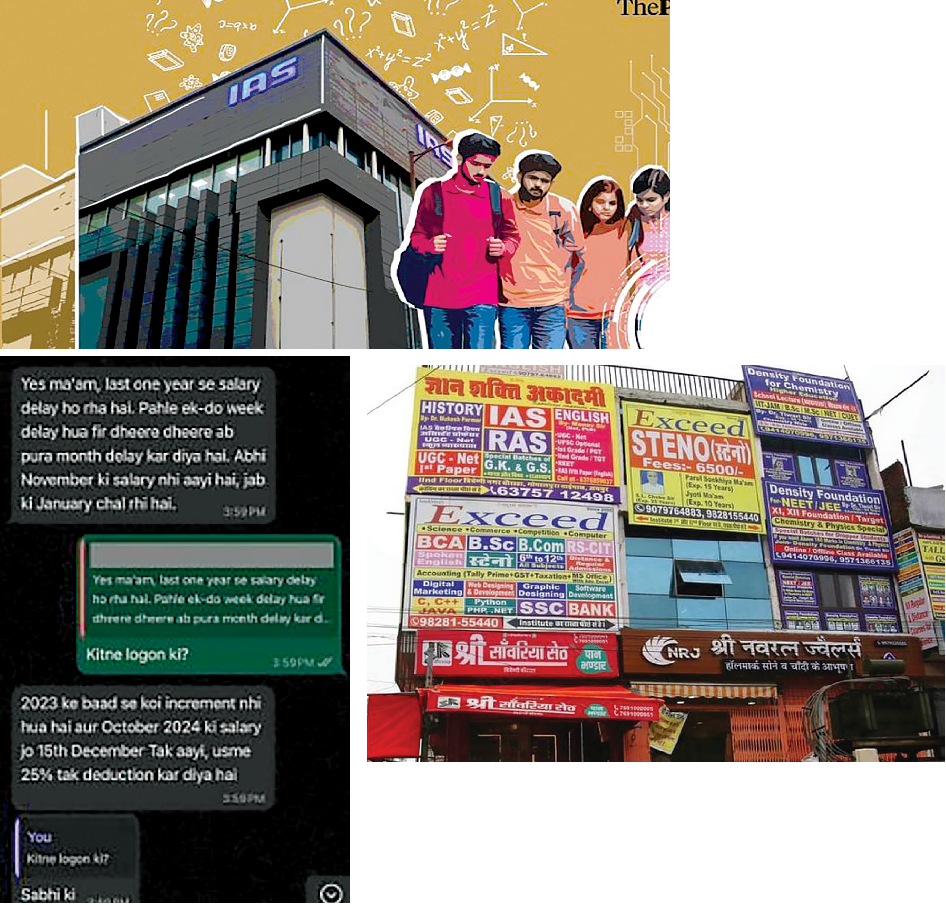
Summer fun turns sour amid rise in stomach infection
Rithu Dravid | NT
Summer is a season of fun, relaxation and outdoor activities. However, it is also a time when people are more susceptible to stomach infections. This is due to a number of factors such as increased exposure to bacteria and viruses, changes in diet and drinking habits and hot weather. The rise in temperature can make you sweat more and reduce one’s immunity thereby also causing various issues of the stomach.
So, eating properly, consuming clean drinking water and staying hydrated can avoid stomach illness. According to health experts, one of the primary reasons for stomach infections in summers is due to the increased exposure to bacteria and viruses. Doctors say people tend to spend more time outdoors and come into contact with germs causing infections, especially ones related to the gut.
“During the summer, people tend to consume more fresh fruits and vegetables which can sometimes be contaminated with bacteria. Additionally, people may be more likely to consume food that has not been properly cooked or stored, leading to an increased risk of food poisoning. Drinking habits also change in the summer, with more people consuming cold beverages and alcohol which can irritate the stomach lining and the throat by increasing the risk of infection,” said Dr Naresh Bhat, Chief of Gastroenterology and Hepatology, Aster CMI Hospital, Bengaluru.
Specialists say considering the rise in temperature every year, a popular opinion is that children, especially the school-aged group, are more susceptible to gastroenteritis as a consequence of temperature exposure, since children in this age group are more likely to be involved in outdoor activities.
“Gastrointestinal disease does increase in summers especially in children due to various reasons. Issues such as food poisoning, viral, bacterial or protozoal diarrhea are more often seen. Corrosive ingestion is again more specific to children. Worm infestations increase in summer due to outdoor play activity causing infections,” said Dr Nagendra Kumar, Consultant Pediatric Gastroenterologist, Hepatologist and Nutritionist, Manipal Hospitals, Bengaluru. Children, while outdoors, tend to consume available tap water, ice candies along roadside shops where there are high chances of picking up the infection.
Studies have identified the positive relationship between ambient temperature and paediatric GI (Gastrointestinal infection). Doctors say the GI can be acquired via various exposure pathways such as person-to-person contact, food, water, and direct exposure to faecal wastes. As water consumption is higher during the hot seasons, this may increase the transmission of water-borne GI pathogens.
Waterborne infections like Typhoid, Amoebiasis, are usually on the rise during the summers, when the mercury rises. A highgrade fever with fatigue, weakness, pain in stomach, vomiting and loose motions, are all symptoms of the typhoid fever seen very commonly in summers.
Such symptoms usually show up a week later after acquiring the waterborne infection. A large number of people report abdominal distress in the hot summer period causing prolonged symptoms. The infections usually show up in 12 to 24 hours later causing diarrhoea, vomiting and prolonged fever. There are minor differences when it comes to gastrointestinal infections and intestinal infections.
Gastrointestinal infections generally include viral, bacterial gastritis, intestinal infections and large intestinal infections. With the rise in temperature, dehydration due to excessive sweating can cause problems. So, doctors recommend that staying hydrated by consuming just enough liquids will help resolve the issue without medication, except in severe cases.
“The biggest mistake people tend to make is to manage the condition by taking antibiotics. Fortunately, we do not need to do so. Keeping yourself hydrated and managing food habits with good hand hygiene is very important to avoid stomach illnesses," adds Dr Naresh Bhat.
People consuming food and beverages from street food joints and restaurants especially during travel have higher chances of contracting such infections. “Such infections can be picked up throughout the year but the rate of contamination in food and water is several folds higher during the summers with an increase in stomach related infections,” says Dr Naresh.
Avoiding outside-food, carrying water whenever stepping out of house and eating freshly prepared food are some of the tips that can help avoid stomach borne infections. It is also advisable to avoid intake of fatty substances in your diet during summers. Limiting excessive intake of caffeine can help digestive issues, stomach ulcers, acidity, and heartburns especially during this period.
“Significant rainfall during these months also ca
 English daily published in Bengaluru & Doha
English daily published in Bengaluru & Doha






